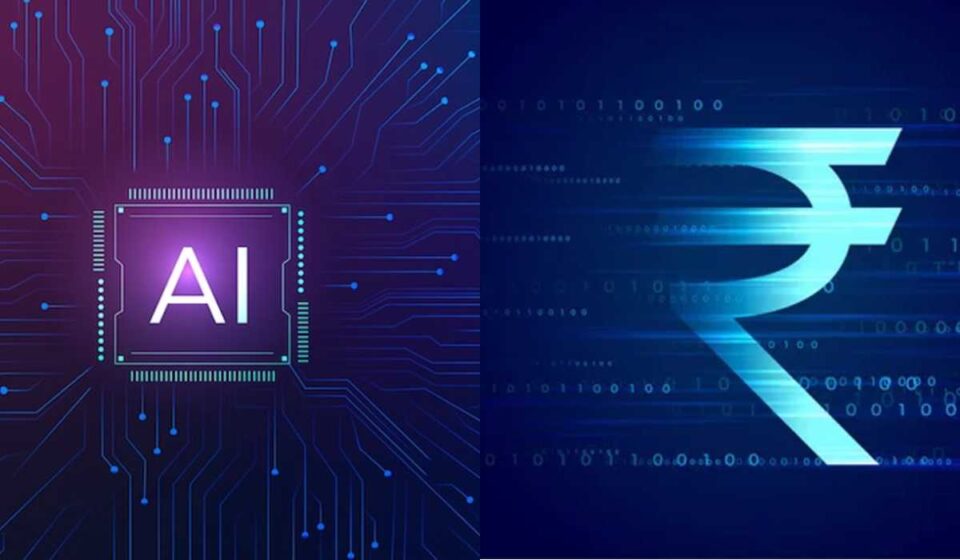RBI Governor Shaktikanta Das has recently addressed the profound challenges that new technologies, particularly artificial intelligence (AI), present to the global economy. While he acknowledged that sectors such as manufacturing and services are currently performing well, he emphasized the critical need for developing robust frameworks to ensure operational resilience amid rapid technological advancements. The Governor’s remarks underscore the importance of preparing for the potential disruptions that AI and other emerging technologies could bring to various industries.
Das highlighted that while AI offers significant benefits, it also brings risks that need to be managed carefully. The integration of AI into business operations and economic activities requires not only technological adoption but also strategic oversight to mitigate any negative impacts. Ensuring that these technologies are implemented in a way that enhances efficiency without compromising stability is a key priority for the RBI. This approach aims to foster innovation while maintaining a stable economic environment.
The central bank’s focus on monitoring technological developments closely is part of its broader strategy to adapt to the evolving economic landscape. By staying vigilant and proactive, the RBI aims to anticipate and address potential challenges that could arise from technological disruptions. This includes assessing the impact on employment, financial markets, and overall economic growth, ensuring that India remains resilient in the face of technological change.
Overall, the RBI’s stance highlights a balanced approach to embracing new technologies while safeguarding economic stability. Governor Das’s insights reflect a commitment to leveraging the advantages of AI and other innovations, while also being prepared to manage the risks they entail. This strategy is essential for sustaining economic growth and ensuring that technological advancements contribute positively to the global economy.


